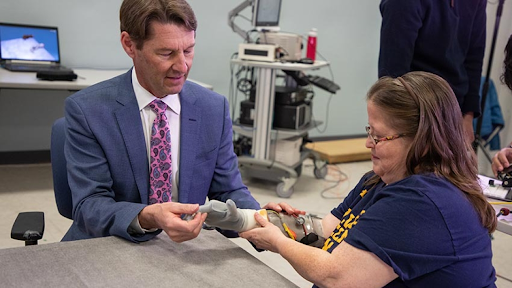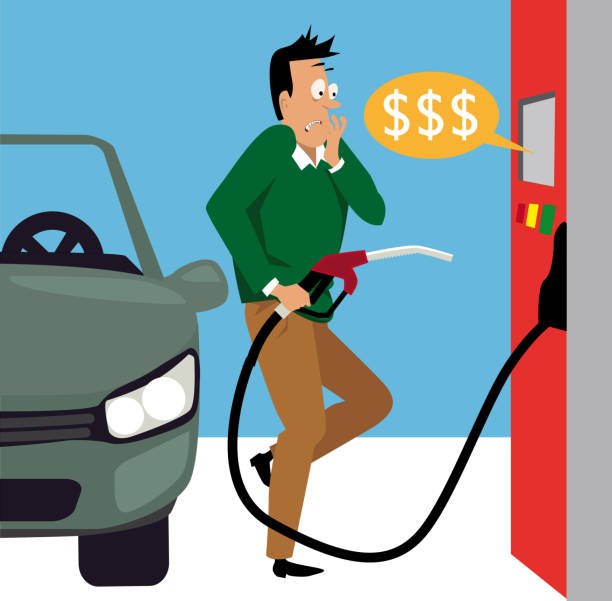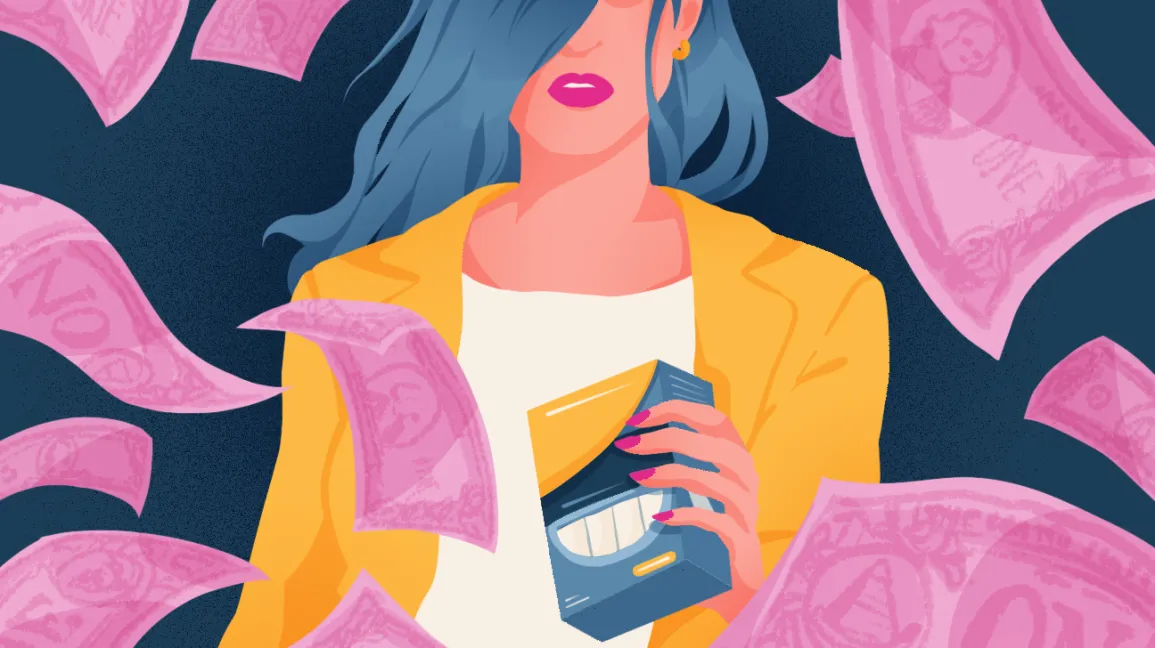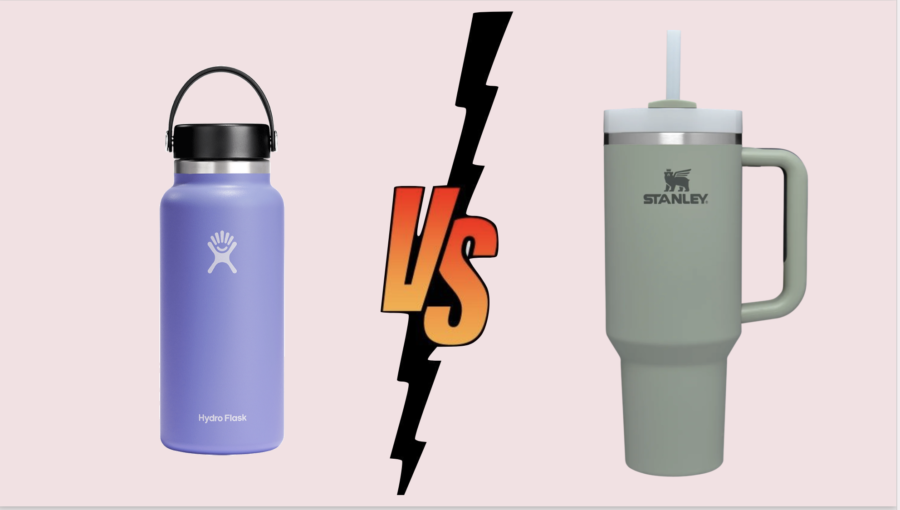While the traditional solution to kick-starting a refreshing morning is often a good night’s sleep, many modern-day students, overwhelmed with their workload, are seeking an alternative approach.
High school softball athlete Emily Baumes kick starts her days with caffeine, incorporating a morning ritual of coffee into all five weekdays. However, her caffeine intake doesn’t stop there. As dusk falls, Baumes reaches for another cup, this time opting for an energy drink.
“Coffee in the morning, energy drink at night—it’s become a routine habit of mine,” said Baumes.
High school students are tasked with juggling rigorous coursework, extracurricular activities, and, for student athletes like Baumes, extensive practice hours. Consequently, many find themselves exhausted, struggling to perform at their best in all aspects of their lives. As a result, numerous students have turned to the same solution: caffeine. Coffee and caffeine serve various purposes—it can be a morning ritual, a productivity booster, or even a performance enhancer in sports. But is it possible to overdose on it?
The Consequences of Over consumption
Coffee contains thousands of chemical compounds, many of which have varying effects on the health of its drinkers. However, for the many who reach out for a cup of joe in the morning, they seek the extra boost of alertness from caffeine to help them wake up (or a soda at night to keep them burning the midnight oil).
“About 15 minutes after consumption, it enters your bloodstream, and you start feeling its effects,” said Catherine Miller, an adolescent medicine specialist at the University of Michigan C.S. Mott Children’s Hospital.
Consuming excessive amounts of caffeine can lead to jitteriness due to an increase in heart rate and blood pressure. Additionally, acid secretion in the digestive tract of the stomach may follow. For those prone to gut health problems, frequent acid reflux might even cause heartburn.
“For kids and teens aged 12 to 18, adolescents should limit daily caffeine intake to 100 mg (equivalent to about one cup of coffee, one to two cups of tea, or two to three cans of soda),” said Miller.
A Peek into Students’ Caffeinated Drink Choices
There is a plethora of popular caffeinated beverages gaining traction among students. Instead of opting for basic coffees or similar beverages, students are gravitating towards more flavorful options. One such popular alternative is refreshers, a type of caffeinated fruit drink available at the renowned coffeehouse chain, Starbucks.
The Strawberry Acai flavor stands out as a favorite among teenage girls, containing 50mg of caffeine in a 16-ounce serving. Consuming a large serving would already surpass the recommended daily limit for teenagers.
“I drink about five refreshers every week to alleviate my daily headaches; otherwise, I would suffer from them,” said Anna Burdick. “It’s become a natural necessity for me.”
Other sought-after beverages include the Starbucks Grande and energy drinks like Red Bull, Monster, or Celsius. These three are often dubbed the holy trinity of energy drinks for students, packed with caffeine and additional energizing ingredients such as taurine and B vitamins. They are favored among students for providing the much-needed energy boost to power through late-night study sessions or simply to navigate through the day.
“I consume Red Bulls to stay awake so I can complete my homework after practice,” said Zane Ives, a top track athlete and AP student.
Caffeine serves as a lifeline for Ives and many other student athletes, providing the extra pick-me-up needed to fulfill their duties as students after long hours of practice in the evening.
Healthier Alternatives to Caffeine Dependence
While beverages containing caffeine, such as coffee, can provide a temporary energy boost and studies as well have indicated that one cup in the morning typically carries no long term adverse effects, establishing healthier habits surrounding nutrition and sleep can offer more sustainable and long-term benefits.
“I go to bed at eight every night and fall asleep within thirty minutes so that I can wake up at six,” said Matthew Beicke, a senior. “Even if I just go to bed at nine thirty, I struggle to get up.”
For Beicke, who juggles after-school clubs and takes the most challenging classes, managing his time and adhering religiously to his sleep routine is crucial. By doing so, he ensures he naturally has ample energy each day without ever relying on caffeine as a crutch.
































